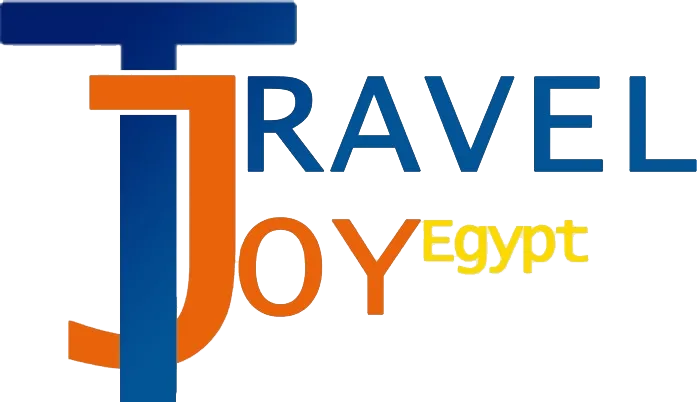The ancient Egyptians were pioneers in the field of medicine, developing practices and treatments that were remarkably advanced for their time. Their contributions laid the groundwork for many modern medical practices and offer fascinating insights into their understanding of health and the human body. For those exploring Egypt’s history, uncovering these medical innovations provides a deeper appreciation of its ancient civilization.
The Foundation of Ancient Egyptian Medicine
Egyptian medicine was deeply rooted in observation, practical experience, and religious beliefs. Physicians, often referred to as “swnw,” were highly respected in society and specialized in various fields such as surgery, pharmacology, and dentistry. Their medical practices were documented in texts like the Ebers Papyrus and the Edwin Smith Papyrus, which remain valuable resources for understanding ancient medicine.
Key Innovations in Ancient Egyptian Medicine
The Egyptians introduced several practices that were innovative for their time, including:
Surgical Techniques:
Performed surgeries such as stitching wounds and draining abscesses.
Used surgical tools made of copper and bronze, many of which are displayed in museums today.
Pharmacology:
Created remedies using natural ingredients like honey, garlic, and herbs.
Developed treatments for common ailments, including pain relief and digestive issues.
Dentistry:
Pioneered dental procedures and developed rudimentary dental prosthetics.
Used substances like powdered minerals to treat gum disease.
Diagnostics:
Observed symptoms carefully and recorded case studies.
Developed methods to examine pulse rates and urine to diagnose illnesses.
The Role of Religion in Medicine
Religion played a significant role in Egyptian medicine. The gods were believed to influence health and healing, and many treatments combined practical medicine with spiritual rituals.
Deities of Healing:
Imhotep, a physician and architect, was later deified as a god of medicine.
Sekhmet, the lion-headed goddess, was associated with plagues and healing.
Magical Spells:
Incantations were often used alongside herbal remedies.
Amulets and charms were believed to protect against illness.
How Ancient Egyptian Medicine Influenced the World
The medical knowledge of ancient Egypt was widely shared through trade and cultural exchange, influencing neighboring civilizations such as the Greeks and Romans. Key contributions include:
Preservation of Knowledge:
Medical texts were copied and studied by later cultures.
Herbal Remedies:
Many Egyptian remedies became staples in Greek and Roman medicine.
Holistic Approach:
The integration of physical and spiritual healing practices inspired holistic health approaches in other cultures.
Exploring Ancient Egyptian Medicine Today
Modern travelers can experience the legacy of Egyptian medicine through:
Museums:
View ancient medical tools and texts at institutions like the Egyptian Museum in Cairo.
Temples:
Visit temples dedicated to healing gods, such as the Temple of Kom Ombo, which features inscriptions related to medical practices.
Workshops:
Participate in papyrus-making demonstrations that highlight how medical texts were recorded.
Why Ancient Medicine Matters to Modern Visitors
Understanding the medical achievements of ancient Egypt enriches any visit to this fascinating country. It showcases their ingenuity and provides a connection to the universal quest for health and healing that transcends time.
Conclusion: A Legacy of Healing
The innovations of ancient Egyptian medicine reflect the resourcefulness and intelligence of one of history’s most remarkable civilizations. As you explore Egypt’s historic landmarks, remember the profound impact this ancient society had on the development of medicine and its lasting legacy in the modern world.



